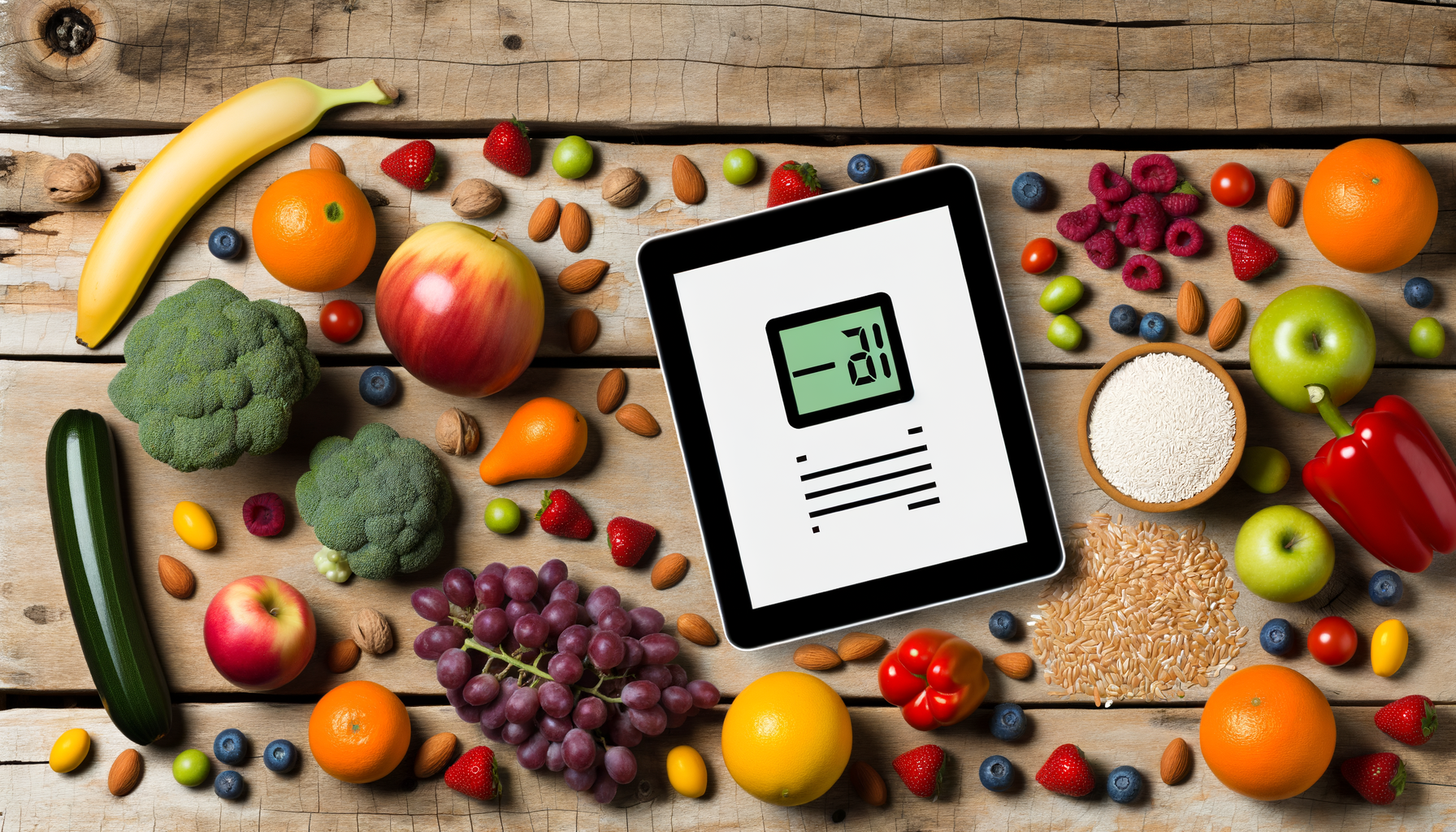How to Use a Calorie Calculator to Make Better Food Choices
In today's health-conscious world, making informed food choices is crucial for achieving and maintaining a healthy lifestyle. One of the most effective tools available for this purpose is a calorie calculator. These calculators not only provide insights into the nutritional content of various foods but also offer personalized recommendations tailored to individual needs. In this article, we will explore how to effectively use a calorie calculator to enhance your dietary decisions and foster healthier eating habits.
Understanding Calorie Calculators
A calorie calculator is a versatile tool that can help users estimate their daily calorie needs based on factors such as age, weight, height, and activity level. It can also provide detailed nutritional information about specific foods, including calories, fat, carbohydrates, protein, fiber, and sugar content. Tools like the Food Calorie Calculator by the Calorie Control Council enable users to select from a vast database of foods, making it easier to track and manage dietary intake.
Furthermore, platforms like WebMD's Food Calculator offer access to over 37,000 food and drink items, allowing users to add these items to their daily totals for a comprehensive view of their nutritional intake.
Personalized Nutrition Planning
One of the key benefits of using a calorie calculator is its ability to provide personalized nutrition plans. For instance, the MyPlate Plan calculator utilizes different formulas based on age and other factors to recommend appropriate portions and types of food. This approach helps individuals create a balanced diet that aligns with their specific health goals.
This type of personalized planning is also available through plugins like the WP Calorie Calculator, which can be seamlessly integrated into health-focused websites to offer users customized dietary advice.
Enhancing Food Choices
To make better food choices using a calorie calculator, follow these steps:
- Determine Your Daily Calorie Needs: Use a calorie calculator to estimate how many calories you need to maintain, gain, or lose weight. Websites like Calorie Calculator provide such estimates based on your activity level.
- Track Your Nutritional Intake: Log your daily food consumption to monitor the calories and nutrients you're consuming. This helps identify patterns and areas for improvement in your diet.
- Optimize Meal Planning: Based on your calorie and nutritional data, plan meals that are balanced and align with your health goals. For example, if you're trying to reduce carbohydrate intake, focus on meals with lower carb content.
- Portion Control: Pay attention to serving sizes and control portions to avoid overeating, which can be detrimental to weight management and overall health.
In addition to calorie management, understanding the nutritional content of various food groups is essential. For instance, calories.info offers detailed calorie charts for thousands of foods, helping users make informed decisions about their diet.
Building Healthy Habits
Using a calorie calculator effectively involves more than just tracking calories; it's about fostering sustainable eating habits. Here are some strategies to incorporate into your routine:
- Set Realistic Goals: Whether your goal is to lose weight, maintain weight, or simply eat more healthily, setting achievable milestones helps keep you motivated.
- Gradual Changes: Introduce new foods or habits gradually to avoid drastic changes that might be hard to sustain. Start with small adjustments like replacing sugary snacks with fruits or nuts.
- Consistency is Key: Stick to your dietary plan consistently, even on weekends or during holidays, to see long-term benefits.
- Monitor Progress: Regularly review your progress to identify what's working and what might need adjustment. Tools like the WP Calorie Calculator Plans can help streamline this process.
By integrating these strategies into your routine, you can leverage the power of calorie calculators to make informed decisions about your diet and cultivate healthier eating habits.
Real-World Applications
Real-world examples of the effectiveness of calorie calculators can be seen in various case studies. For instance, a person looking to lose weight might use a calorie calculator to determine their daily intake, then utilize a meal planning tool to ensure they're staying within their limits while still getting necessary nutrients.
Health and wellness professionals often recommend using these calculators alongside other health tools, such as fitness trackers, to monitor overall progress. The MyPlate Plan serves as a valuable resource in this context, offering guidelines on how to allocate daily food portions effectively.
Conclusion and Forward Steps
In conclusion, using a calorie calculator is a powerful way to make better food choices and embrace healthier eating habits. By understanding your nutritional needs and tracking your intake, you can take control of your diet and foster long-term wellness. For those interested in integrating calorie calculators into their websites or apps, tools like the WP Calorie Calculator offer a seamless solution.
To start making better food choices today, explore WP Calorie Calculator Plans to find the right fit for your needs. Additionally, visit resources like Calorie Control Council, WebMD, and calories.info to stay informed about the latest in nutrition and diet management.











